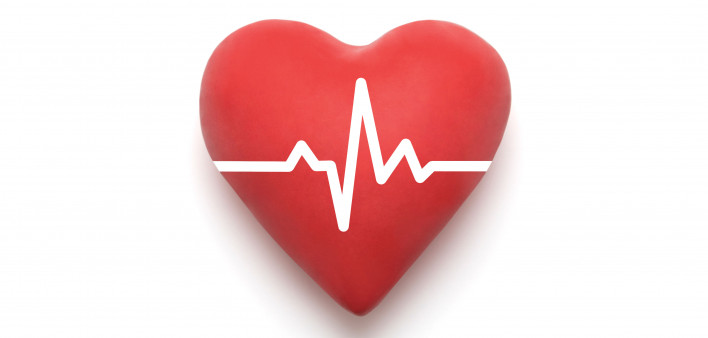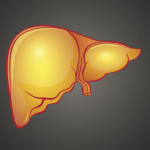HIV is associated with a higher risk of atrial fibrillation (AF), a major case of irregular heartbeat and a leading cause of stroke, to a degree comparable to that of high blood pressure.
Previous research has found that even well-treated HIV is associated with about a doubled risk of cardiovascular disease.
Publishing their findings in the Journal of the American College of Cardiology, researchers led by Gregory Marcus, MD, of the University of California, San Francisco Division of Cardiology, reviewed health records from the Healthcare Cost and Utilization Project database on 17.3 million California adults, including 18,242 with HIV. These individuals all received care in an outpatient surgery unit, inpatient hospital unit or emergency department between January 2005 and December 2011.
“This is the first paper demonstrating that HIV is a risk factor for AF, and the potency of that risk is similar to other well-established AF risk factors,” said Marcus. “Because AF can be asymptomatic, and stroke may be the first manifestation, it’s important for caregivers to be aware of patients at heightened risk.”
During an average of 4.7 years of follow-up, 625,167 people were newly diagnosed with atrial fibrillation, including 1,076 people with HIV. After adjusting the data to account for differences in demographics, the number of clinical visits and existing cardiovascular disease, the study authors found that the atrial fibrillation diagnosis rate per 1,000 cumulative years of follow-up was 18.2 diagnoses among those with HIV and 8.9 diagnoses among those without the virus.
This meant that HIV was associated with an 80% higher risk of atrial fibrillation, while high blood pressure was associated with an 89% increased risk and diabetes was associated with a 22% increased risk.
The study found that the strength of the association between HIV and atrial fibrillation was stronger in younger individuals compared with older ones; among African Americans and Latinos compared with whites; and in those with high blood pressure, diabetes and alcohol use, compared with those who lacked those two conditions and did not drink alcohol.
“Physicians caring for HIV-infected patients should be aware of this strong relationship,” said Marcus. “Increased awareness may help in recognizing the diagnosis and consequently result in more frequent prescription of appropriate therapies, such as anticoagulation, to reduce morbidity and mortality.”
Marcus also advised that microbial infections may also drive the risk of atrial fibrillation among people with HIV. He called for studies to investigate whether antiretroviral treatment mitigates the risk of the condition.
To read a press release about the study, click here.
To read the study abstract, click here.







1 Comment
1 Comment